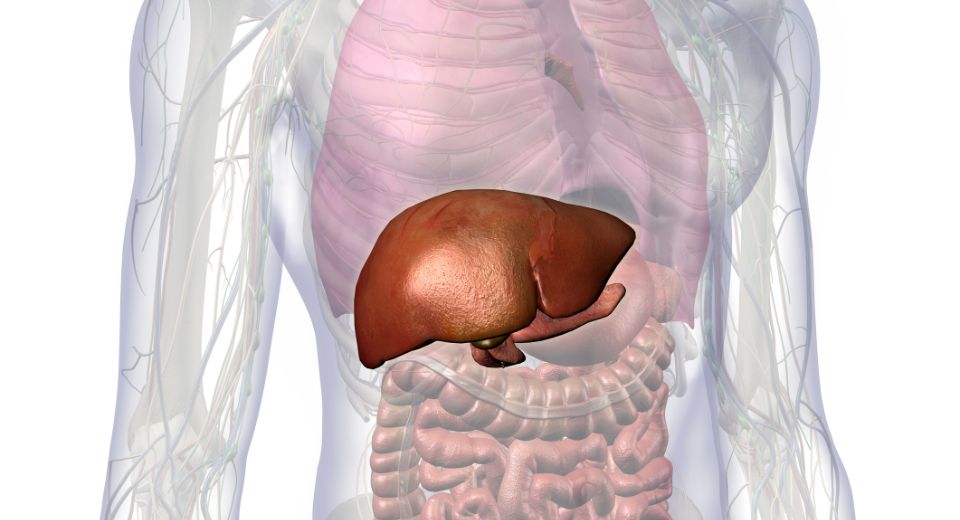The liver, a remarkable organ in the human body, plays a pivotal role in maintaining our overall health and well-being. It is a vital part of the digestive system and is often referred to as the body’s chemical factory. This essay will delve into the functions and purpose of the liver, explore signs and symptoms of liver disease, and discuss various ways to take care of this essential organ. Additionally, it is worth noting that October is Liver Awareness Month, making this an opportune time to reflect on the significance of liver health.
The Function and Purpose of the Liver
The liver is the body’s largest internal organ, weighing around three pounds. Located in the upper right portion of the abdomen, the liver serves a multitude of functions, making it indispensable to our survival. Here are some key roles that the liver plays:
- Metabolism: The liver is responsible for metabolizing nutrients from the food we consume. It helps break down carbohydrates, proteins, and fats into energy, which is used to fuel our daily activities.
- Detoxification: One of the liver’s most critical functions is detoxification. It filters and removes toxins, drugs, and other harmful substances from the bloodstream, preventing them from causing harm to the body.
- Storage: The liver acts as a warehouse for essential nutrients, storing vitamins, minerals, and glucose for later use. It also releases glucose into the bloodstream when needed to maintain stable blood sugar levels.
- Blood Clotting: The liver produces proteins necessary for blood clotting, preventing excessive bleeding in case of injuries.
- Bile Production: The liver generates bile, which is crucial for the digestion and absorption of fats in the small intestine.
- Protein Synthesis: It produces various proteins, including albumin, which helps maintain the balance of fluids in the body, and enzymes necessary for digestion.
Signs and Symptoms of Liver Disease
Liver diseases can take a toll on your health and well-being. It’s essential to recognize the signs and symptoms that may indicate a problem with your liver. Some common indications of liver disease include:
- Jaundice: Yellowing of the skin and eyes due to the accumulation of bilirubin in the body.
- Fatigue: Persistent tiredness and weakness.
- Abdominal Pain: Discomfort or pain in the upper right side of the abdomen.
- Unexplained Weight Loss: A sudden drop in weight without a clear cause.
- Dark Urine: Urine may become darker in color.
- Pale Stools: Light-colored, clay-like stools.
- Swelling: Swelling in the abdomen and legs due to fluid retention.
Ways to Take Care of Your Liver
Maintaining a healthy liver is crucial for overall well-being. Here are some ways to ensure the well-being of this vital organ:
- Balanced Diet: Consume a diet rich in fruits, vegetables, lean proteins, and whole grains. Limit processed foods, saturated fats, and excessive alcohol intake.
- Stay Hydrated: Drinking enough water helps flush toxins out of your body and supports overall liver function.
- Exercise Regularly: Physical activity can help manage your weight and improve liver health.
- Limit Alcohol Consumption: Excessive alcohol intake can lead to liver damage. If you drink, do so in moderation.
- Manage Medications Carefully: Follow your healthcare provider’s recommendations when taking prescription and over-the-counter medications.
- Vaccination: Get vaccinated against hepatitis A and B, as these viruses can cause liver damage.
- Avoid High-Risk Behaviors: Practice safe sex and avoid sharing needles to prevent the transmission of hepatitis viruses.
The liver is a silent hero, performing numerous critical functions that are essential for our well-being. Recognizing the importance of liver health and taking steps to care for this remarkable organ is vital. October, celebrated as Liver Awareness Month, serves as a reminder to educate ourselves and raise awareness about liver health. By understanding the liver’s functions, recognizing signs of liver disease, and adopting a liver-friendly lifestyle, we can ensure our liver’s longevity and, in turn, our overall health and vitality.
Author: Nathan Kiskila, MD


